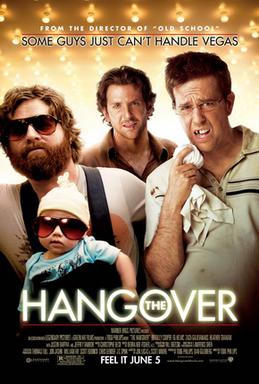A few months ago, I wrote a blog post in response to a “pre-arranged” submission by Kirk Erickson and colleagues to Proceedings of the National Academy of Sciences (PNAS), which purported to find evidence that moderate exercise leads to substantial improvements in memory. The article in question received a great deal of media attention, with big claims being made that older adults, who tend to be worried about declining memory abilities, might be able to hold off the effects of old age on memory with a simple exercise regime.
Unfortunately, when the data were looked at more closely, it was clear that the picture was more complicated. For one thing, although the experimental group that performed exercise for one year did show a 2.3% increase in memory score, a control group who did not perform the exercise showed a 3.7% increase over the same period. In other words, the exercise group did not show any increase in memory performance relative to the control group.
Wednesday, 20 April 2011
Friday, 1 April 2011
State-dependent memory: Remembering Heather Graham's phone number
A few days ago I gave a talk at the Cambridge Memory Film Festival, introducing some of the scientific themes raised in the Hollywood comedy, The Hangover, starring Bradley Cooper and Heather Graham. Here's a brief summary.
“Why is there a tiger in the bathroom?”
The basic idea of the film is that Doug and a group of his best friends are in Las Vegas drunkenly celebrating the fact that he is soon to be married. The next morning, Doug’s friends wake up in their hotel suite with no memory of the previous night, and soon realise that Doug is missing. Furthermore, there is a baby in the wardrobe, a tiger in the bathroom, and a chicken is wandering around the suite. Hilarious consequences ensue.
The memory-impairing effects of alcohol are a staple topic for light-hearted treatment in popular culture, probably because most people can relate to the notion of waking up after a night on the tiles, not entirely sure about their recollection of everything that transpired. In psychology, this phenomenon is termed state-dependent memory.
Subscribe to:
Comments (Atom)

